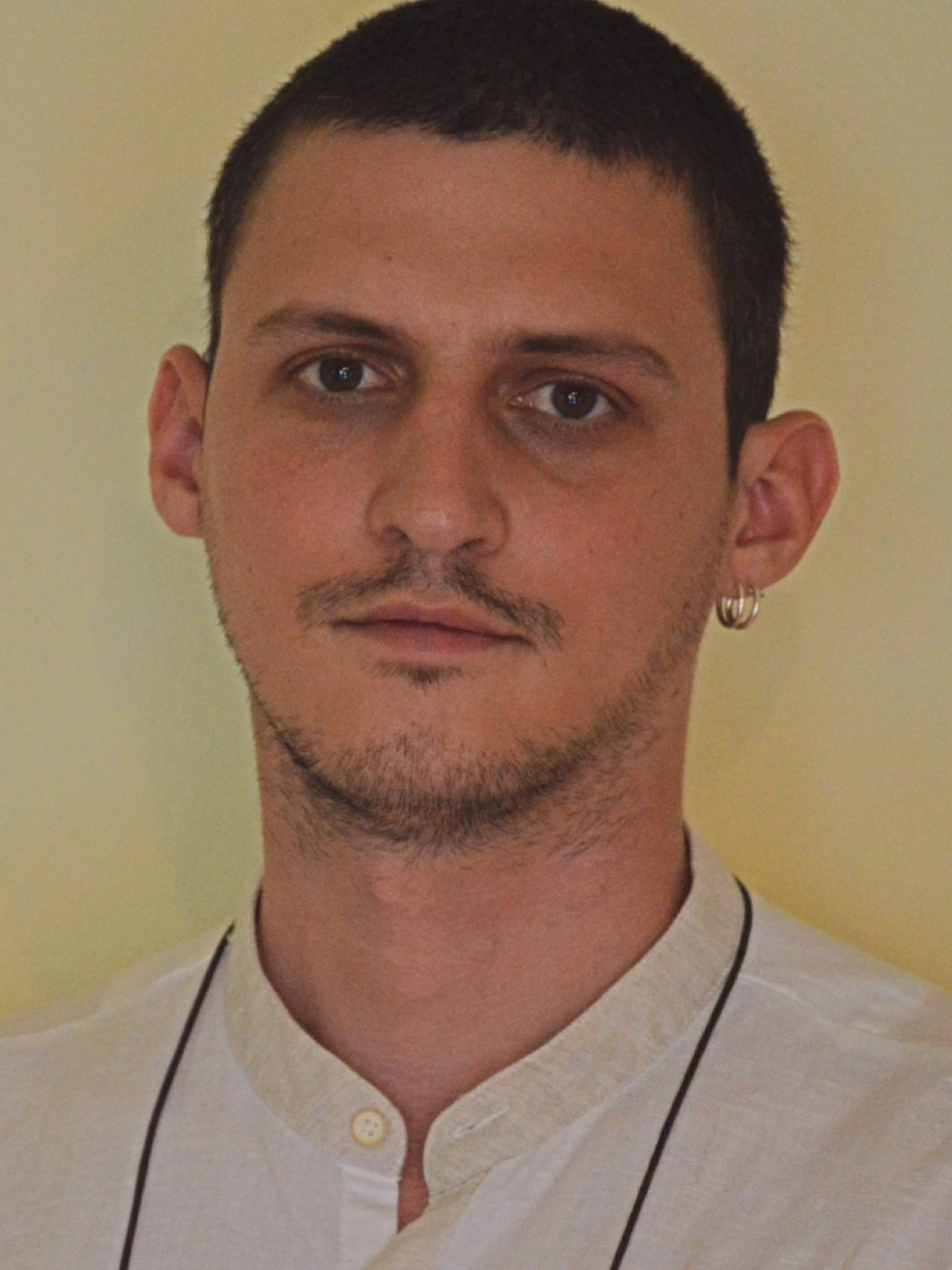
Homebase: Uppsala/Sweden
Job title: Freelance Researcher
Nikos Vrantsis is currently an Assistant Researcher of Social Sustainability of Alternative Housing Models at the Institute of Urban Research in Uppsala. His research is focused on the urban commons. Nikos has a background in Political Science and holds a master’s degree in Political Theory. His academic research revolves around two interconnected themes: the geographies of survival of the homeless against policies of exclusion and affordable housing schemes applicable in local contexts. Nikos has been working as a freelance journalist reporting on topics related to land grabs, urban movements, and inadequate housing for vulnerable individuals in European cities. He has been an assistant researcher in projects concerning affordable housing in Greek cities. Nikos has also been involved in communications to improve the resilience of communities, building around shared goals such as the design of urban spaces to soil stewardship in remote communities across Europe. He has been an active volunteer in many migrant and refugee solidarity actions and spaces in Athens and Thessaloniki.
Like many other towns in rural Greece, Naoussa is a shrinking, rural city with an aging population and a declining economy that is struggling to recover from the impact of heavy deindustrialization and the financial crisis.
Many youngsters who leave the city in search of studies or work, choose not to return. A large portion of the young population that does remain in Naoussa struggles with unemployment (or underemployment) and faces housing challenges due to the lack of affordability.
Recently, a refugee population was relocated from the Greek islands to mainland Greece. They currently reside in two hotels located on the outskirts of Naoussa. These two hundred individuals are in limbo; they encounter suspicion from locals who perceive migration as a force of usurpation of an already struggling rural city and are unable to return home.
However, the demographic drain of the previous decades has led to a surplus of unused housing. Naoussa is thus witnessing a paradox: the extended housing stock of this aging city remains inactive and resources remain unused while increasing numbers of its population are experiencing inadequate and temporal housing options.
Housing is a fundamental element of inclusion and is an inseparable element of the wellbeing of individuals. However, like other urban and rural areas of Greece, there is little availability of affordable, good-quality housing to vulnerable groups in Naoussa, thus undermining the exercise of their right to adequate shelter. Therefore, this project focuses on the mapping and identification of housing potential in rural areas, with a particular focus on inactive housing stock and abandoned resources. The methodology that would be adopted and implemented in Naoussa will hopefully become a methodological blueprint to be used in other rural areas for rapid assessment of housing availability.
The first step would be to conduct a detailed mapping of the inactive housing and other abandoned resources of the city. Given the absence of available data, the first objective of the project is to generate shared knowledge of the housing opportunities, the unused potential of the resources, their characteristics, and the exact location. The second step is to define the methodology and test the rapid creation of both a detailed dataset and the map of the inactive housing stock of Naoussa. The map will attempt to catalog the housing stock according to its particular qualities. These qualities could include the number of shared apartments, apartments in a condominium, size in square meters, number of rooms, age, ownership, and the interventions needed to make it a good quality housing unit.
Eventually, the project will attempt to carry out awareness-raising activities to shift the negative narratives surrounding migration. In particular, to reframe migration as a resource instead of a burden and to generate an inclusive narrative by highlighting that housing challenges are affecting all vulnerable individuals, regardless of their background.


